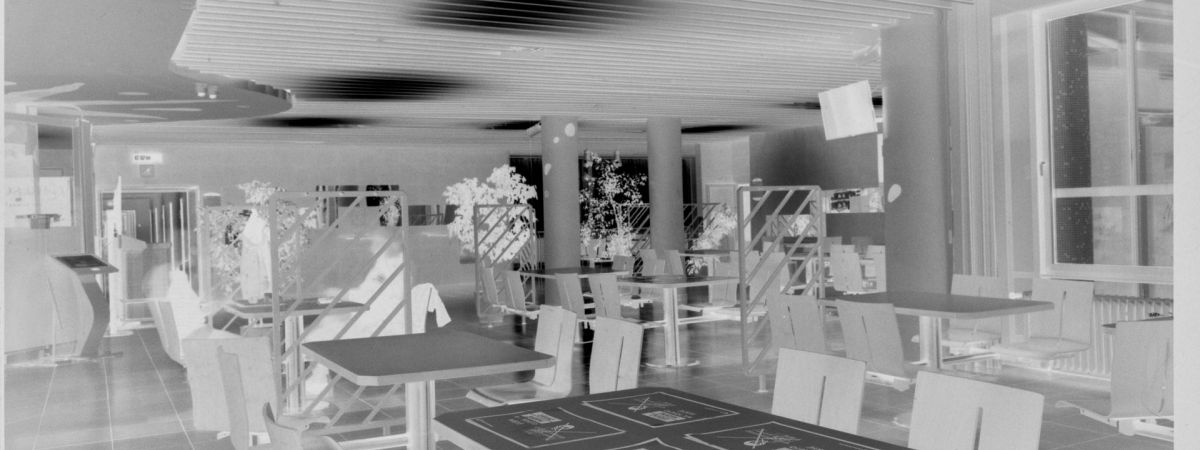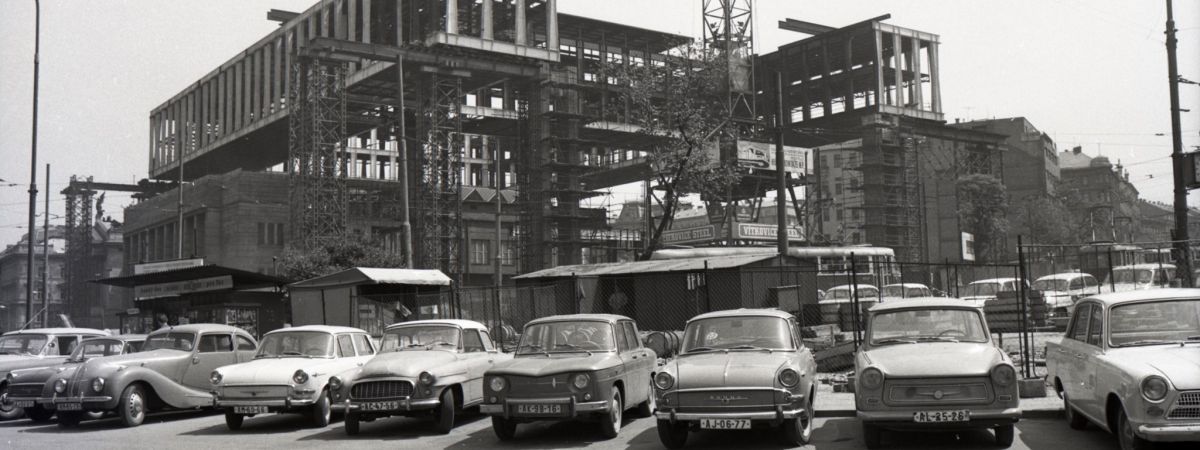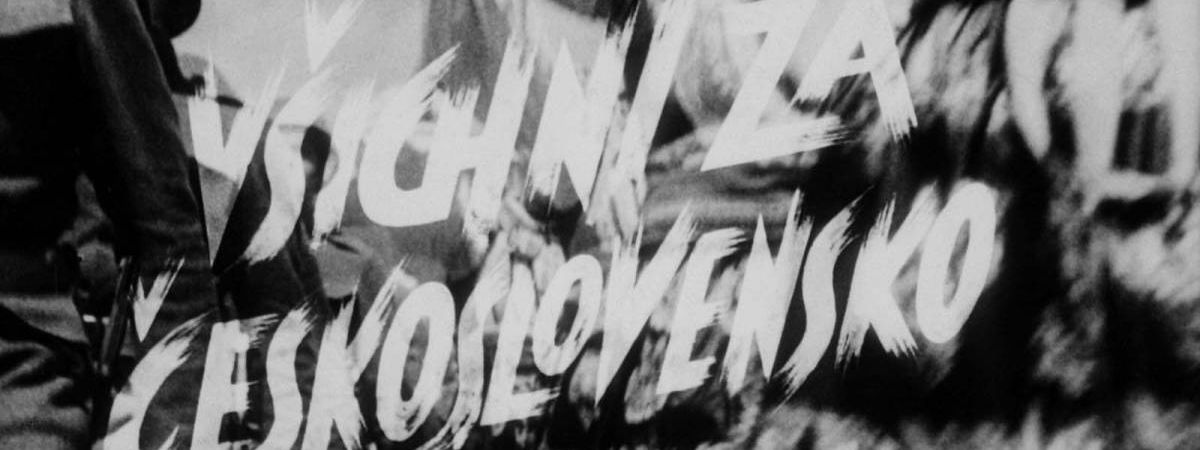28th Ji.hlava International Documentary Film Festival
New Books
original title: Nové knihy
running time: 120 min.
synopsis
The presentation of new books published in 2021 will be hosted by editor in chief of the magazine Dok.revue, Kamila Boháčková.Lucie Králová
ROZUMĚT TELEVIZI. Produkční kultura České televize 1993–2017. (NAMU, 2021)
For a few years, I immersed myself in uncomfortable television offices, editing rooms, and labyrinthine corridors, and had many conversations about how things work in television, how it should and should not be done, and why television employees think it can't be done any other way. I argued at length with people situated higher in the system than me, because as a dramaturge and director I was interested in what they based their beliefs on, what a documentary "suitable" for television should look like, how its maker should work, and who the viewer was, that “lady from Normalville”. I tried to understand how these ideas about documentary were formed and what impact they have on contemporary television production. I observed the "television tribe" with its peculiar rituals and decision-making processes, narratives, professional vocabularies, and explored the underlying mechanisms of power and discipline. I recorded dozens of in-depth interviews and kept a field journal for five years. From this ethnographic research into the production culture of CT, I wrote the book Understanding Television: Czech Television's Production Culture 1993-2017 based on my dissertation at FAMU.
Jiří Voráč
Vojtěch Jasný: Filmový básník v exilu (Host, 2020)
The new monograph by film historian Jiří Voráč Vojtěch Jasný: Filmový básník v exilu (Film Poet in Exile) focuses on a little-known stage in the life of the legendary director, the creator of Všech dobrých rodáků (All the Good Natives, 1968), who worked in western Europe and North America after 1968 and made over thirty cinematographic and television films and documentaries, directed theatre, photographed, and taught at film schools. The book is based on extensive archival research and makes copious use of unique manuscript sources from Jasný's personal archive, including diaries, memoirs, correspondence, and unrealized scripts.
Vladimir 518 (ed.)
ARCHITEKTURA 58–89 (Bigg Boss, 2021)
At the end of its fifteen-year existence, Bigg Boss Publishers has put together one of the biggest book projects in its history. More than thirty experts will present over forty architects and groups that made a significant impact on the history of Czechoslovak architecture between 1958 and 1989. The two volumes of thousands of pages will become a solid building block for “normalizing” relations between the public and stigmatized pre-revolutionary architecture. In addition to expert texts, the book, designed by 20YY Designers, is shaped by historical drawings, rare designs and plans, and, above all, unique period photographs, many of them unpublished, from archives across the country.
The presentation of the new book will be held by Ondřej Čížek, PR and copywriter of Bigg Boss Publishers.
Alice Lovejoy
Experimentální dílna. Československá armádní kinematografie 1920–1970 (NFA, 2021)
Photographer and director Jiří Jeníček, who headed the military film group in the 1930s, contributed with his whole person and in the spirit of modern ideas about the use of film and photography to a new style and expression of military (especially short) film. From the beginning, he considered military cinematography to be synonymous with an experimental studio. The author of the book, the American film historian Alice Lovejoy, who conducted almost ten years of research in Czech archives, notes that what is particularly remarkable is how the institutional identity created by Jeníček survived in the military environment for the next three decades. It was visible even in the 1950s and experienced a real renaissance in the 1960s, when Czechoslovak Army Film (ČAF) became probably the freest space for film production in Czechoslovakia. The book, first published in the US in 2015, asks a fundamental question: How could experimental film (which, moreover, usually criticized the military or the state itself) appear in an institution as rigid as the army?





















